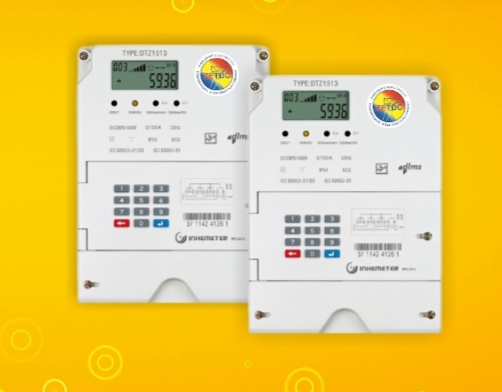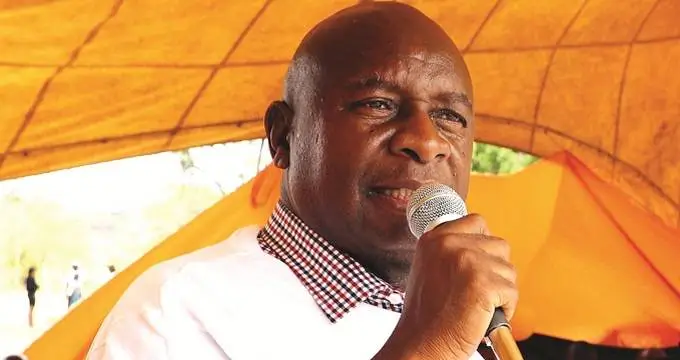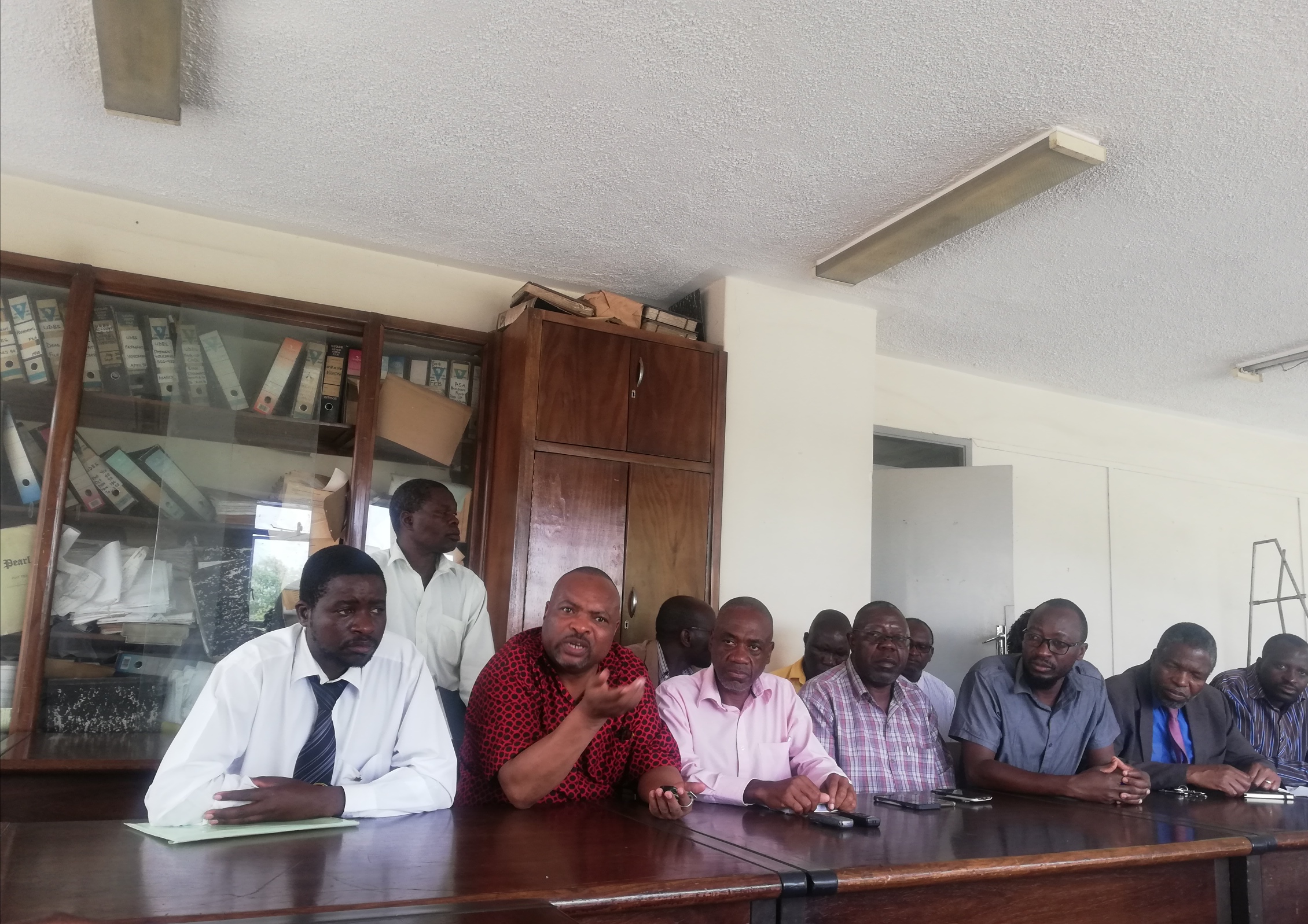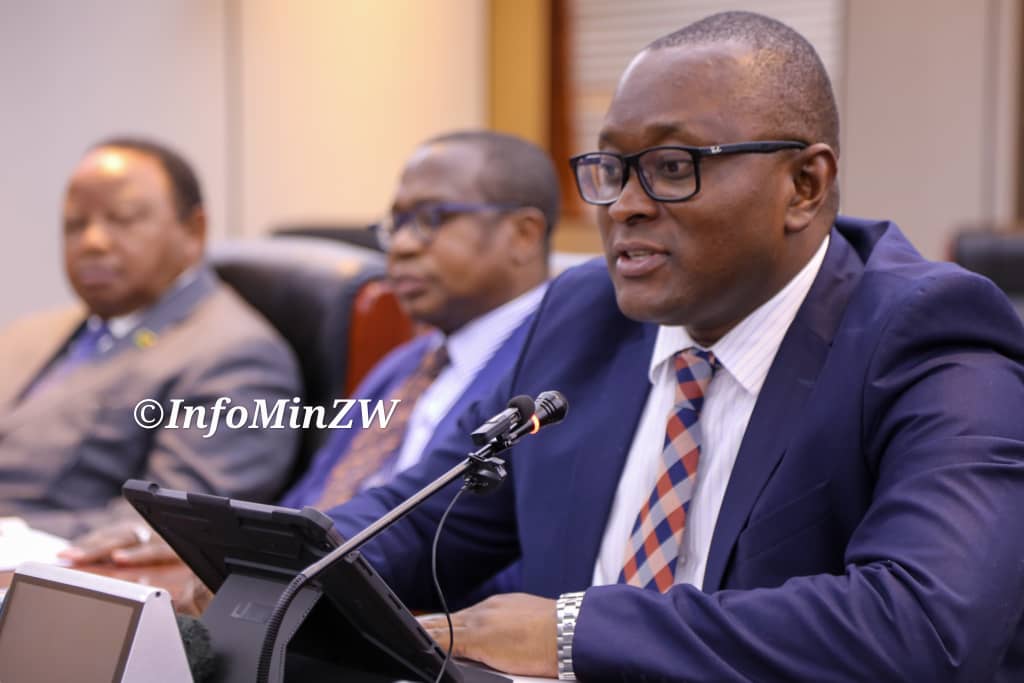More power after tariff hike – Zera
Share

Harare, (New Ziana) – Zimbabwe’s energy regulator said on Wednesday it expects power supply in the country to significantly improve following last week’s electricity tariff hike.
The tariff will now be reviewed on a monthly basis in line with changes in inflation and the exchange rate, the Zimbabwe Energy Regulatory Authority (Zera) said.
The regulator granted power utility, Zesa Holdings a steep jump in the
tariff effective October 3 to 162.16 cents per kWh from 38.61cents per
kWh, much to the chagrin of consumers, especially households.
Consumers of power have since May this year grappled with power rationing of up to 18 hours a day as local production slumped on the
back of low water levels at the country’s main hydro-power station in
Kariba.
The situation was made worse as the next best option, Hwange thermal power station, is not only old but has not been regularly serviced over the years, resulting in constant breakdowns.
The thermal station currently requires about US$3.1 million for maintenance.
Zera chairman Dr Ester Khosa said following the tariff hike, it expected “reduced load shedding hours and improved reliability of supply from the Zimbabwe Electricity Transmission and Distribution Company (ZETDC) as the company is able to import electricity from the Southern African power pool.”
Dr Khosa said the tariff hike will also boost power producer, the
Zimbabwe Power Company’s (ZPC) ability to purchase more coal for its
thermal power plants and pay for water in Kariba, which costs about US$1.2 million a month.
Both ZETDC and ZPC are subsidiaries of Zesa Holdings.
An unsustainably low tariff, which had also been wiped by inflation,
had seen Zesa Holdings unable to meet the costs of producing as well
as importing power, a combined monthly cost of over US$25 million.
Zimbabwe currently spends about US$23 million every month on power imports from Mozambique and South Africa at a time the economy is
battling foreign currency shortages.
Power shortages are among the top reasons cited for the drop in the
country’s economic performance as Zimbabwe’s gross domestic product is
expected to contract by -6.5 percent this year.
Government said on Tuesday it expects the country to be power self-sufficient and to be a net exporter of electricity by 2024 after successful implementation of its programme for the development of energy from the country’s mineral resources.
Dr Khosa said Zera expected ZETDC to make strenuous efforts to collect
the $1 billion it is owed in unpaid bills by consumers while urging the public to protect electricity infrastructure.
New Ziana










